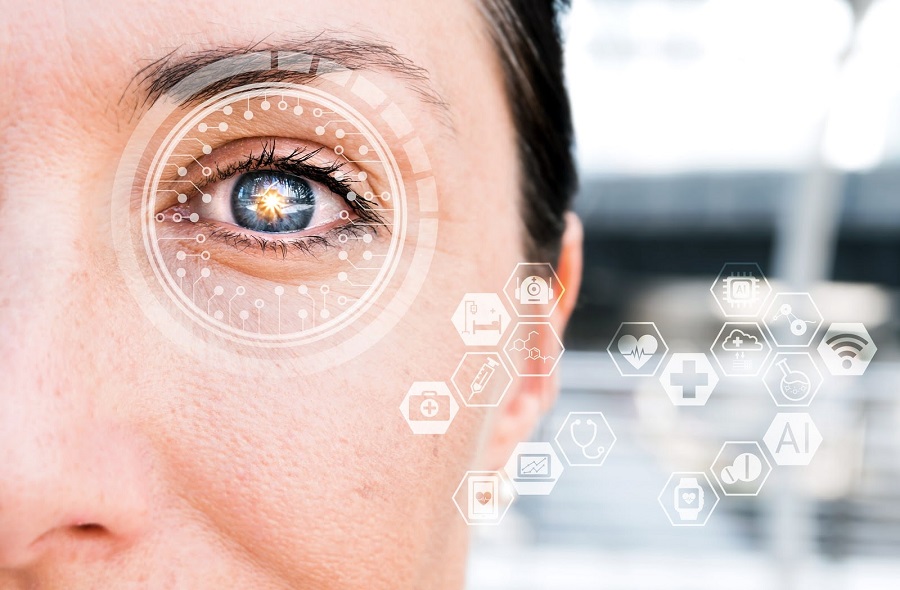
Finding an eye surgeon in Louisville who can address a variety of common eye conditions is crucial for maintaining good vision and overall eye health. Whether you’re dealing with cataracts, glaucoma, macular degeneration, or refractive errors, Louisville offers skilled professionals ready to provide advanced treatments. Here’s a closer look at these conditions and the treatment options available.
Cataracts: Effective Treatments for Vision Clouding
Cataracts are a leading cause of vision impairment, primarily affecting older adults. This condition is characterized by the clouding of the eye’s natural lens, leading to blurred vision, difficulty with night vision, and sensitivity to light. Thankfully, cataract surgery is a highly effective treatment option.
- Phacoemulsification: This common procedure involves the use of ultrasound waves to break up the cloudy lens, which is then removed and replaced with an artificial intraocular lens (IOL). The procedure is typically quick and performed on an outpatient basis, allowing for a rapid recovery.
- Laser-Assisted Cataract Surgery: Utilizing advanced laser technology, this method provides a high degree of precision in making incisions and softening the cataract for removal. The laser’s accuracy can lead to improved outcomes and potentially a quicker recovery time.
- Post-Surgery Care: Post-operative care includes using prescribed eye drops to prevent infection and inflammation, wearing protective eyewear, and attending follow-up appointments to ensure proper healing and adjustment to the new lens.
With cataracts effectively managed, let’s move on to another serious eye condition that requires careful treatment: glaucoma.
Glaucoma: Comprehensive Pressure Management
Glaucoma is a group of eye conditions that damage the optic nerve, often due to high intraocular pressure (IOP). If left untreated, glaucoma can lead to irreversible vision loss. Treatment focuses on lowering eye pressure to prevent further damage.
- Medications: Eye drops or oral medications can help reduce the production of fluid in the eye or improve its drainage, thereby lowering IOP.
- Laser Therapy: Procedures like laser trabeculoplasty aim to improve the outflow of fluid from the eye, effectively reducing eye pressure. This minimally invasive treatment is often performed in an outpatient setting.
- Surgical Options: For more advanced cases, surgical interventions such as trabeculectomy or the implantation of drainage devices can create new pathways for fluid to leave the eye, significantly lowering IOP.
- Regular Monitoring: Continuous monitoring and regular check-ups are crucial for managing glaucoma, as it’s a chronic condition requiring lifelong attention.
After discussing how to manage glaucoma, let’s explore treatments for another age-related condition: macular degeneration.
Macular Degeneration: Strategies for Age-Related Vision Loss
Macular degeneration, specifically age-related macular degeneration (AMD), affects the central part of the retina called the macula, leading to loss of central vision. It is a common condition in older adults and can be classified as either dry (non-neovascular) or wet (neovascular).
- Dry AMD: This form progresses slowly and is characterized by the thinning of the macula. While no definitive cure exists, nutritional supplements and lifestyle changes like quitting smoking and maintaining a healthy diet can help slow progression.
- Wet AMD: This more severe form involves abnormal blood vessel growth under the retina, which can lead to rapid vision loss. Treatments include:
- Anti-VEGF Injections: These medications are injected into the eye to block the growth of abnormal blood vessels.
- Photodynamic Therapy: This combines a light-activated drug with a low-power laser to target and destroy abnormal blood vessels.
- Laser Therapy: Though less common, direct laser treatment can be used to destroy abnormal blood vessels.
Having covered macular degeneration, we now turn to refractive errors and the modern solutions available to correct them.
Refractive Errors: Cutting-Edge Laser Correction Solutions
Refractive errors, such as myopia (nearsightedness), hyperopia (farsightedness), and astigmatism, are common vision problems caused by the shape of the eye preventing light from focusing correctly on the retina. Laser correction offers a permanent solution for many people.
- LASIK (Laser-Assisted in Situ Keratomileusis): This popular procedure reshapes the cornea to correct refractive errors. A flap is created on the cornea, and a laser is used to remove a precise amount of corneal tissue.
- PRK (Photorefractive Keratectomy): Similar to LASIK, PRK reshapes the cornea using a laser but does not involve creating a corneal flap. This is often recommended for patients with thinner corneas.
- LASEK (Laser Epithelial Keratomileusis): This procedure combines elements of LASIK and PRK. The outer layer of the cornea is loosened with alcohol before the laser reshapes the underlying tissue.
- SMILE (Small Incision Lenticule Extraction): A minimally invasive procedure where a laser creates a small lens-shaped piece of tissue within the cornea, which is then removed through a tiny incision to correct refractive errors.
Maintaining Optimal Eye Health
Addressing eye conditions promptly with the help of an experienced eye surgeon in Louisville can significantly improve your quality of life. From cataracts and glaucoma to macular degeneration and refractive errors, advanced surgical treatments are available to restore and preserve your vision. Regular eye check-ups and staying informed about treatment options are essential steps toward maintaining optimal eye health.



